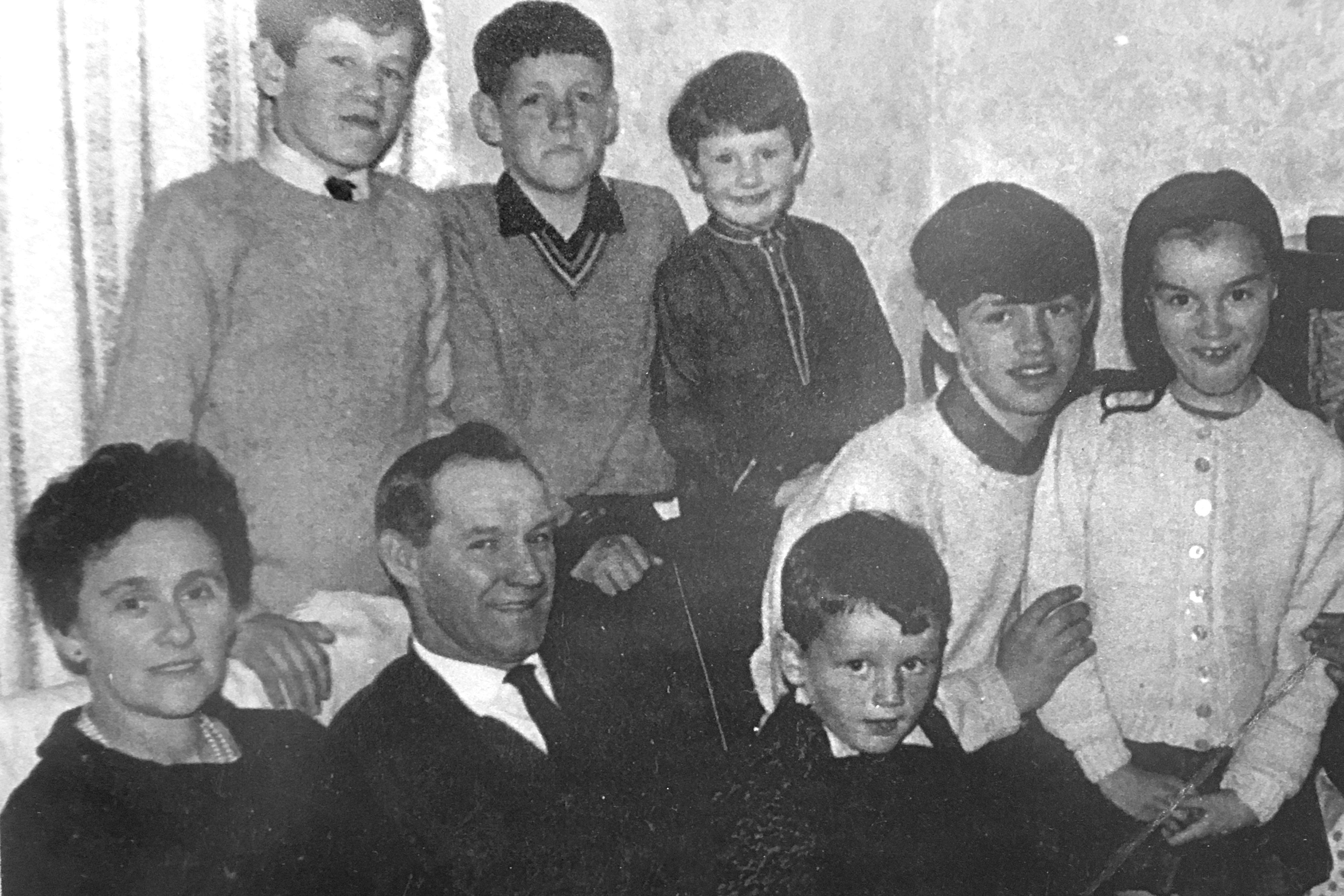Inquest findings into death of woman shot by soldier sent to prosecution service
Kathleen Thompson, 47, was killed by a bullet to the chest in Londonderry in November 1971.

Inquest findings into the death of a mother-of-six who was shot by a soldier in an “unjustified” killing in Londonderry in 1971 are to be referred to Northern Ireland’s prosecution service.
Kathleen Thompson, 47, was killed by a bullet to the chest in November 1971.
Two bullets were fired by a person identified only as Soldier D into her back garden in Rathlin Drive, Creggan, as he and others were withdrawing from the area, Judge Sandra Crawford said in her inquest findings in June.
She said Mrs Thompson was unarmed and had been in her back garden banging a bin lid or other object to alert neighbours to the presence of soldiers in the area.
The judge found Soldier D did not have an honest belief that a gunshot had been fired from the garden of 129 Rathlin Drive and that his life and the lives of others were under immediate threat.
The coroner concluded that the shooting of Mrs Thompson breached guidance on the deployment of lethal force provided to soldiers, and that the two shots fired were “in circumstances which were unjustified”.
The Public Prosecution Service said it was aware that the coroner intended to refer her findings under section 35(3) of the Justice (Northern Ireland) Act 2002.
Soldier D gave evidence of shooting our mother over the course of four days in court. He demonstrated a very selective memory when doing so. We now expect to see Soldier D face the consequences of his actions and for the Director (of Public Prosecutions) to prosecute him accordingly
A spokesperson said that when received, the referral “will be considered carefully in order to determine any appropriate action, including whether the matter should be referred to police for investigation”.
Mrs Thompson’s daughter Minty welcomed the development.
“Soldier D gave evidence of shooting our mother over the course of four days in court,” she said.
“He demonstrated a very selective memory when doing so. We now expect to see Soldier D face the consequences of his actions and for the Director (of Public Prosecutions) to prosecute him accordingly.”
We hope that the coroner will provide all necessary documents, including statements and transcripts of Soldier D’s evidence to the DPP (Director of Public Prosecutions) to enable him to reach a fully informed decision
Fearghal Shiels, of legal firm Madden and Finucane, said his team were engaging with the coroner around Soldier D’s anonymity.
“We hope that the coroner will provide all necessary documents, including statements and transcripts of Soldier D’s evidence to the DPP (Director of Public Prosecutions) to enable him to reach a fully informed decision, and not merely the coroner’s findings,” he said.
“We are still engaging with the coroner in respect of Soldier D’s anonymity, which we contend must now be reviewed in light of the content of her findings.”
Bookmark popover
Removed from bookmarks